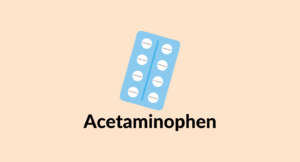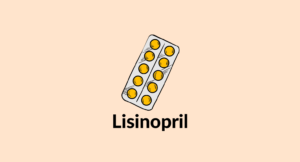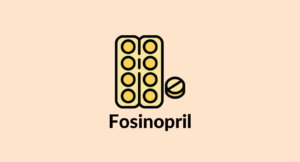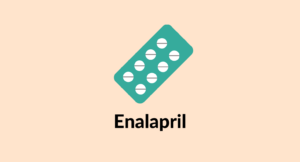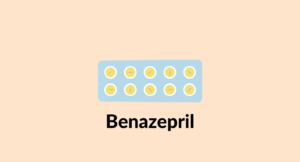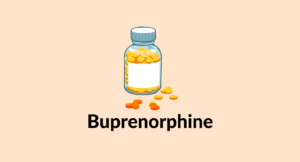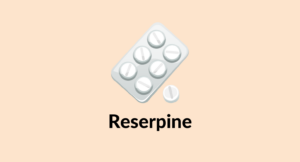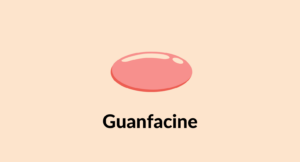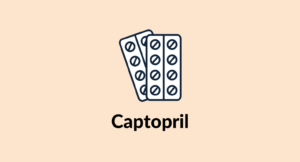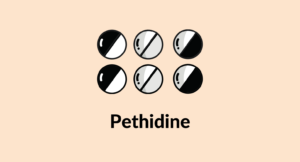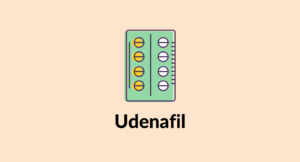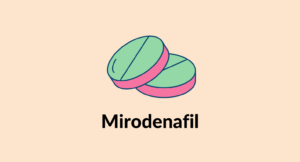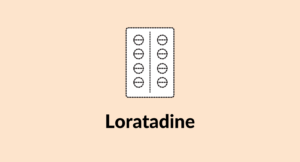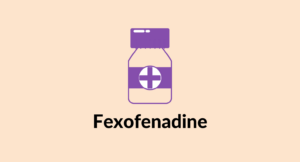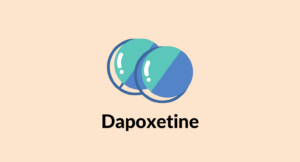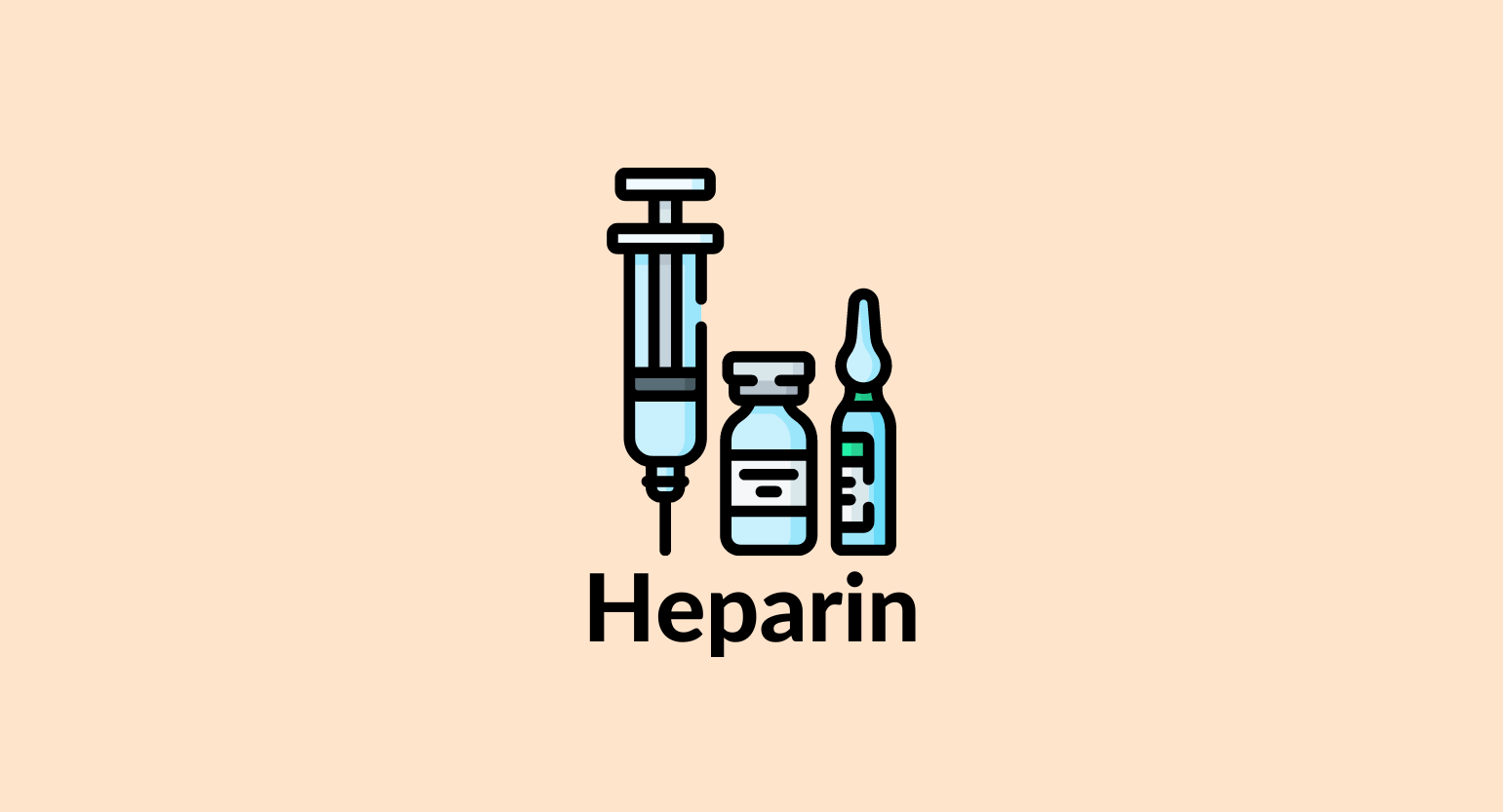
Does CBD Interact With Heparin?
CBD, a cannabinoid, can act as a metabolic inhibitor when used with the anticoagulant heparin, slow down its metabolism, and cause adverse side effects.
Heparin is a blood thinner or anticoagulant. It’s used for thromboprophylaxis and to treat thrombosis associated with a variety of conditions like deep vein thrombosis, angina, pulmonary embolism, stroke prevention, and myocardial infarction treatment.
Cannabidiol (CBD), a cannabinoid, can decrease heparin’s metabolism, resulting in greater adverse effects and a slowdown in its removal. It may even cause excess and abnormal bleeding.
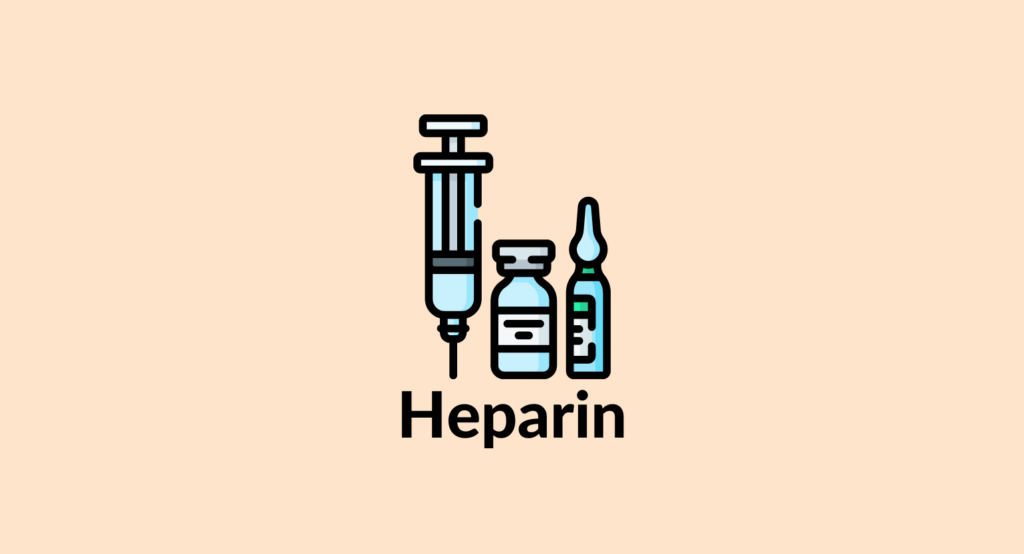
Does CBD Interact With Heparin (Beparine)?
Yes. Heparin and CBD may cause a severe interaction.
Taking them together may cause the body to accumulate more heparin and slow down its metabolization. It may even cause excess bleeding.
CBD May Slow Down Heparin’s Elimination (Metabolic Inhibitor)
When two medications require the same enzymes to be metabolized, metabolic inhibition occurs. As a result, they are forced to compete for the same enzymes, and the metabolization of one or both medicines is slowed.
While the exact way heparin is metabolized is not known, it might take place mostly in the liver by cytochrome P450 enzymes, similar to the other anticoagulants [1]. These same enzymes metabolize CBD.
As a result, combining the substances may cause heparin metabolism to slow down, causing an overabundance of heparin in the body and increasing the risk of serious adverse effects such as bleeding, bruises, and other complications.
Never use CBD with anticoagulants without talking to your doctor first.
Similar Medications: CBD & Anticoagulants
Heparin is classified as an anticoagulant. CBD and anticoagulants all share similar risks for interaction and side effects.
Here’s a list of similar medications that share a similar level of risk when combined with CBD:
- Apixaban (Eliquis)
- Dabigatran (Pradaxa)
- Enoxaparin (Lovenox)
- Rivaroxaban (Xarelto)
- Clopidogrel (Plavix)
- Warfarin (Coumarin)
Is It Safe to Take CBD & Heparin Together?
Heparin with CBD can have major side effects.
CBD has the potential to slow heparin’s metabolization and exacerbate heparin’s harmful effects. There could be a prolonged clotting time and a greater risk of bleeding. Many of the consequences of their interplay, however, are yet unknown.
Taking these two drugs at the same time is not recommended. Always talk to your physician before starting CBD if you’re on heparin.
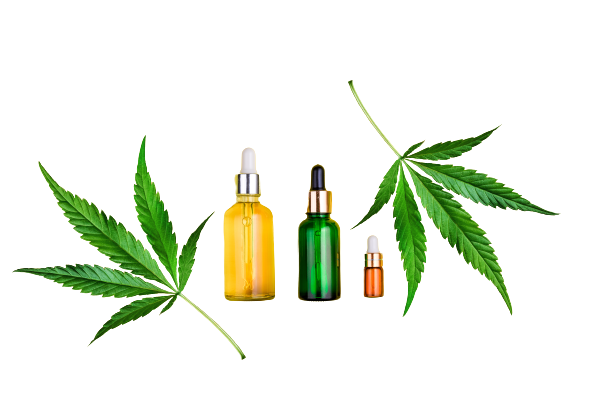
Is CBD a Viable Alternative to Heparin (Beparine)?
CBD isn’t a good substitute for heparin.
According to certain research, cannabis may have anticoagulant qualities according to a study conducted on an obese rat model [2]. It was also discovered that CBD and tetrahydrocannabinol (THC) might have anticoagulant properties. This characteristic could be beneficial in the treatment of hypercoagulable diseases like type 2 diabetes.
However, research on its effectiveness as an anticoagulant is still limited. As a result, CBD cannot be used in place of an anticoagulant.
What is Heparin (Beparine)?
Heparin is an anticoagulant used to prevent and treat thrombosis caused by a range of illnesses, including pulmonary embolism and atrial fibrillation. Beparine is one of its commonly used brands. It is also used in prophylaxis and treatment of venous thrombosis. It is divided into four groups; unfractionated heparins, low-molecular-weight heparins, semisynthetic heparinoids, and synthetic pentasaccharide.
Heparin is a prescription-only drug.
Heparin Specs

| Drug Name | Heparin |
| Trade Name | Heparen, Heplock 10, Hep 2500, Lovenox, Fragmin, Innohep, Orgaran |
| Classification | Anticoagulant |
| CYP Metabolism | CYP450 |
| Interaction With CBD | Metabolic inhibitor, agonistic |
| Risk of Interaction | High |
Other Names For Heparin
Heparin is sold under many different names. All share the same risk and potential interactions.
Other names for heparin include:
- Heparen
- Heplock 10
- Hep 2500
- Lovenox
- Fragmin
- Innohep
- Orgaran
What Does Heparin Do?
Unfractionated heparin is used for the prevention and treatment of venous thrombosis, the prevention of postoperative deep venous thrombosis, and pulmonary embolism, and the prevention of clotting in arterial and cardiac surgery.
Some heparin is an injectable anticoagulant that works by activating antithrombin III. This antithrombin III is responsible for inhibiting thrombin and factor Xa, two important elements in the blood clotting cascade.
High molecular weight heparins and low molecular weight heparins are the two types of heparins. Heparins with a high molecular weight require daily blood testing to determine the aPTT.
Heparins with a low molecular weight provide a superior anticoagulant effect and do not require daily blood testing.
Normally, thrombin (factor IIa) and factor Xa are inactivated by antithrombin III (ATIII). This is a slow-moving procedure. Heparin binds reversibly to ATIII and causes the inactivation of factors IIa and Xa very instantly. Factors IX, XI, XII, and plasmin can also be inactivated by the heparin-ATIII complex.
Heparin’s mode of action is ATIII-dependent. It works primarily by speeding up the pace at which antithrombin neutralizes certain active coagulation factors, but other processes may also be at work. Heparin’s antithrombotic action is closely linked to factor Xa inhibition. Heparin is not a fibrinolytic or thrombolytic agent. It stops existing clots from spreading by preventing new clots from forming. Endogenous thrombolytics are used to dissolve existing clots.
Heparin’s metabolism from the bloodstream is dose-related and occurs through two mechanisms: saturable and nonsaturable. The saturable pathway involves a rapid clearance through the endothelial cells. The nonsaturable mechanism occurs via renal-mediated excretion.
It has a half-life of 1.5 hours.
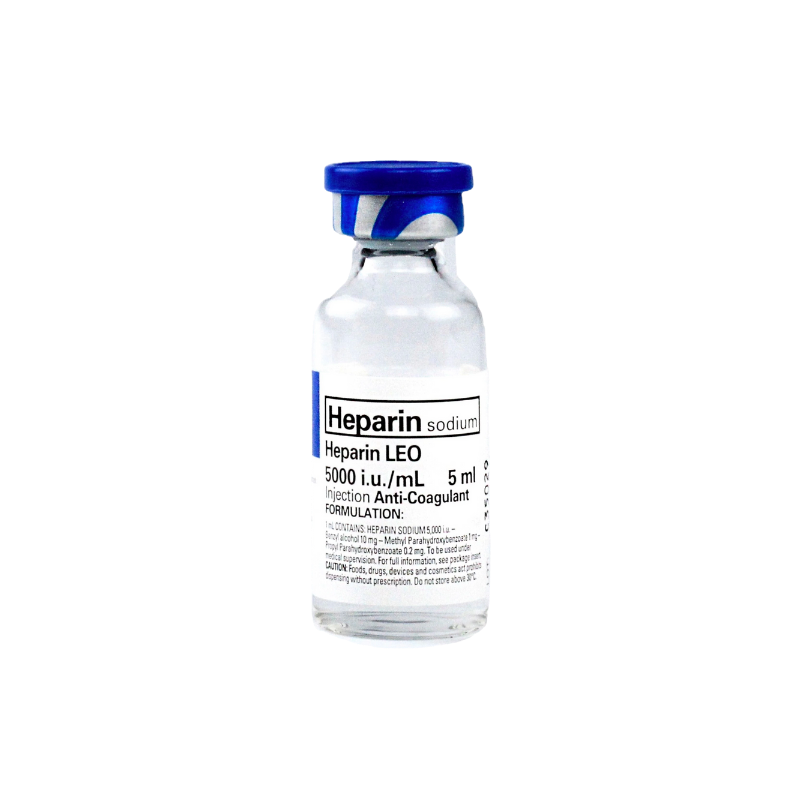
Side Effects of Heparin
Heparin should not be used in users with polysulfate-induced thrombocytopenia (HIT).
It is contraindicated to be used in uncontrolled, active bleeding.
It should not be used in conditions in which coagulation tests cannot be performed at required intervals or in cases where the administration of sodium or chloride could be dangerous.
Those with a known hypersensitivity to heparin or pork products should avoid heparin.
The most common side effects include:
- Abnormal bruising
- Black or bloody stool
- Bleeding from gums, nosebleeds
- Blood dyscrasias
- Coughing up blood
- Dizziness
- Easy bruising
- Flatulence
- Hair loss
- Hepatitis
- Hypersensitivity
- Intracranial hemorrhage
- Intraocular hemorrhage
- Joint pain
- Joint swelling
- Lethargy
- Red or brown urine
- Renal injury
- Severe bleeding such as heavy menstrual bleeding and internal hemorrhage
- Severe headache
- Stomach pain
- Taste disturbance
- Vision changes
- Vomiting blood
- Weakness
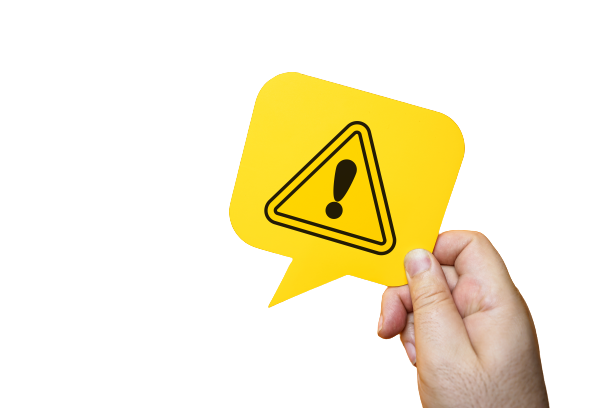
Key Takeaways: Is it Safe to Take Heparin With CBD?
Heparin and CBD can have a severe interaction.
CBD can increase heparin’s potency, lengthen its duration of action, and increase the number of side effects.
As a precaution, unless your prescribing medical practitioner advises otherwise, it is not recommended that you take them together.
Use only a small dose of CBD if necessary, and be aware of any potential negative effects. If you experience any unusual side effects, get medical attention immediately.
References
- Greger, J., Bates, V., Mechtler, L., & Gengo, F. (2020). A review of cannabis and interactions with anticoagulant and antiplatelet agents. The Journal of Clinical Pharmacology, 60(4), 432-438. https://pubmed.ncbi.nlm.nih.gov/31724188/
- Coetzee, C., et al. “Anticoagulant effects of a Cannabis extract in an obese rat model.” Phytomedicine 14.5 (2007): 333-337.
Signup to our newsletter
Be the first to know about our newest arrivals and special offers!
